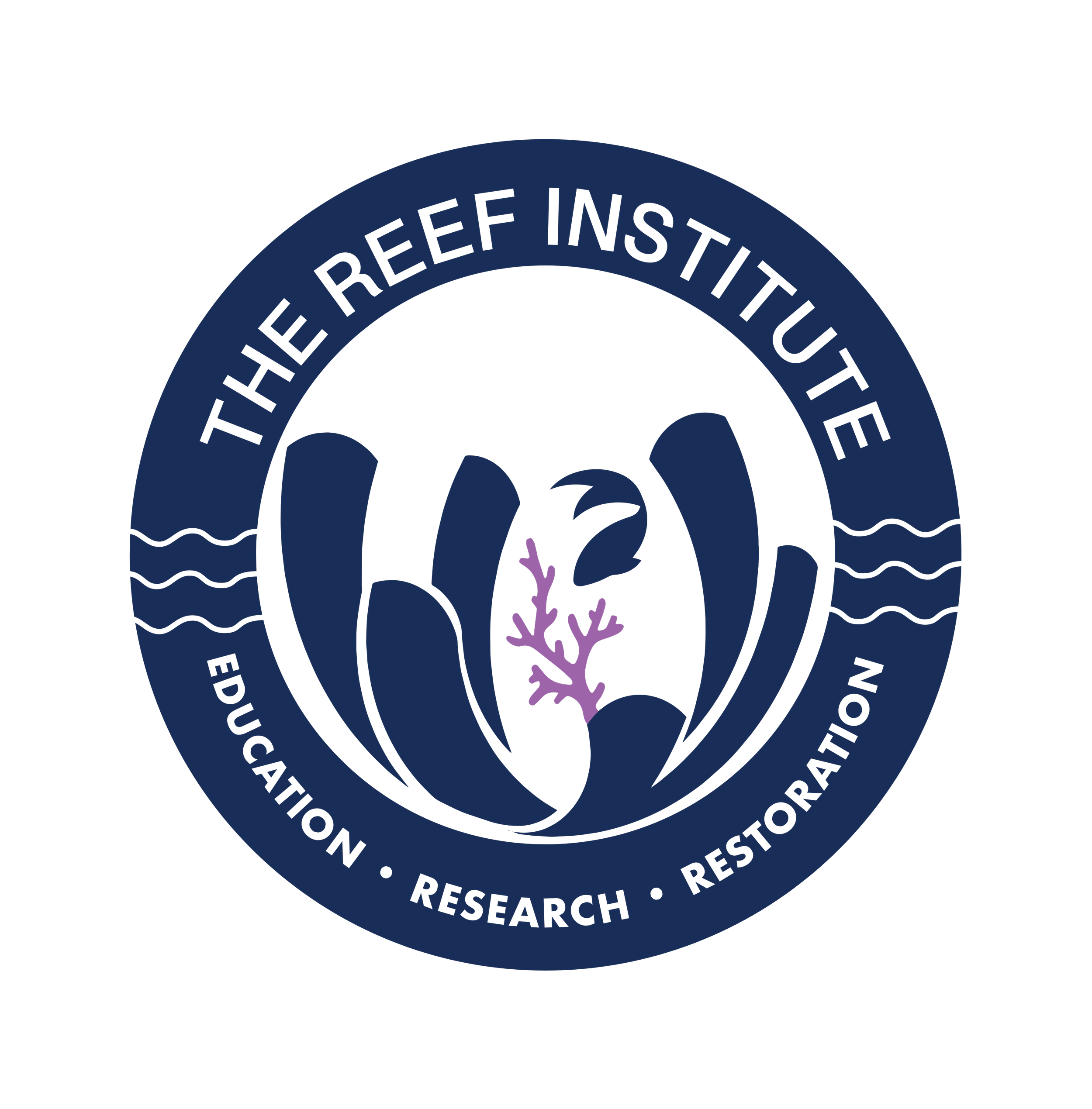Sunscreen Matters
Do You Know
Your Sunscreen?
Changing your sunscreen just might be better for the ocean and for YOU!
Did you know the type of sunscreen you use affects you and life under the waves? Research has been conducted in the last few years, showing that chemical sunscreens are troublesome for the seas and your health. As a result, the State of Hawaii has made the news banning chemical-based sunscreens. Instead, many scientists suggest that "physical" or "mineral-based sunscreens are healthier for us and the rest of the ocean.
What is chemical sunscreen? According to David Harvey, M.D., a Piedmont dermatologist and Mohs surgeon, "Chemical sunscreen absorbs into the skin and then absorbs U.V. rays, converts the rays into heat, and releases them from the body. The active ingredients in chemical sunscreens include avobenzone, octinoxate, and oxybenzone."
What is physical sunscreen? Physical sunscreen, unlike chemical sunscreen, contains active mineral ingredients, such as titanium dioxide or zinc oxide. These minerals sit on top of the skin to deflect and scatter damaging UVA rays away from the skin rather than being absorbed into the skin. It creates a barrier on top of the skin that blocks out the sun. This type of sunscreen additionally is not as easily absorbed into the ocean water and the life that lives in it. Scientists are starting to believe this type of sunscreen might be healthier for all!
Is mineral based/physical sunscreen better for the ocean (and you)? This is the question the Reef Institute asked. During a research trial, six sunscreens claiming to be reef safe or reef-friendly were tested on Pacific corals to determine whether they were "safe." We discovered that for sunscreen to be considered healthier for the ocean, it must meet a few criteria. 'Safer" sunscreen must ensure that titanium dioxide concentration is not too high. All minerals must be "non-nano" in these lotions. Finally, there must be no parabens or mineral oil listed in the ingredients. However, the overwhelming answer is YES it is healthier for corals, and recently the FDA has come out with reports claiming it is healthier for YOU!
Reef Safe Are Just Words: The phrase "reef safe" or "reef-friendly" are unregulated statements. Law makers are working to define these statements, but for now, know that businesses can make these declarations based on opinion alone.
Mineral Based Vs. Mineral: “Mineral-based" sunscreen does not necessarily mean it is reef safe. Some companies reduce the number of chemicals by adding in minerals. However, unless a sunscreen is void of all substances except minerals, it is not fully reef-safe,
Read the Labels! The best way to know if you buy sunscreen that is better for you and the environment is to look for simple ingredients. For example, look for NON-NANO Zinc Oxide or Titanium Dioxide (or a combination of the two.) On the other hand, if your active ingredients boast a long list of ACTIVE ingredients in addition to these, they may not be the healthiest for all.
Here is the simplest way to remember what's SAFE:
DO the ACTIVE INGREDIENTS start with a T or Z?
NO? Then put it down.
SO Where Do You Start?
Everyone has different favorites in lotions, sunscreens, and skincare. The following products are some that the Reef Institute has discovered through citizen science projects. While we do not endorse any one company, the following are the products we return to:
All Around Natural:
Raw Elements
This certified natural non-nano zinc oxide sunscreen has few ingredients. Their inactive ingredients are certified organic or certified natural and sustainably sourced. Even their packaging is either biodegradable or fully recyclable. (No plastic!)
Raw Elements has become a great friend of the Reef Institute and is our go-to for sample giveaways!
Many Reef-Friendly Products:
Stream2Sea
A cosmetic chemist created Stream2Sea products with a love of the ocean. They have done a tremendous amount of research on what is healthy for people and the sea. This company also offers ocean-healthy body products we love. This Florida-based company was created specifically for the health of Florida's Coral Reefs.
Great Coverage:
Tropic Sport:
This ocean-conscious company has numerous products, including facial cleansers that are bio-degradable and better for us and the sea. This sunscreen goes on quickly and stays on well.
Popular Choice:
Blue Lizard Australian Sunscreen, Sensitive SkinSPF 30+
We like this sunscreen's coverage, feel, and staying power. This was also one of the sunscreens we tested in-house, leaving the coral healthy. Other Blue Lizard products are NOT reef friendly. If you choose this sunscreen, purchase the one listed here.
Most Cost Effective:
Bare Republic Mineral Sunscreens
This sunscreen has decent coverage, feels nice and smells great! Additionally, it comes in an environmentally safe spray for those who prefer that time of application. Some of their newer sports sunscreens are only partially reef safe; ensure you read the labels before purchase. This product is an easily accessible sunscreen found at most Target Stores and Pharmacies.

